Cloud Management solutions are essential for businesses looking to effectively manage cloud resources, optimize performance, and reduce costs across diverse cloud environments.
These solutions provide functionalities that enable organizations to oversee applications, data, and services on private or public cloud platforms. Users highlight that an efficient Cloud Management tool integrates seamlessly, providing visibility and control without excessive complexity. Many solutions focus on automation to streamline cloud operations, support compliance requirements, and foster collaboration between teams.
What are the critical features of Cloud Management solutions?In industries like finance, healthcare, and retail, Cloud Management solutions are employed to ensure secure data handling, compliance with regulations, and real-time scalability. These industries leverage such solutions for efficient resource management and to drive strategic initiatives that involve predictive analytics and customer engagement.
Cloud Management is particularly useful as it helps organizations streamline operations, maintain robust security, and optimize performance. These solutions are crucial for businesses aiming to innovate without compromising on agility and flexibility.






























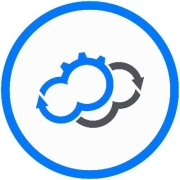























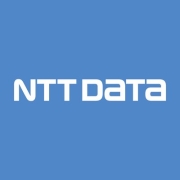






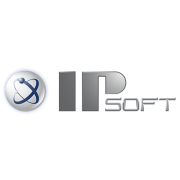


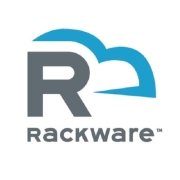






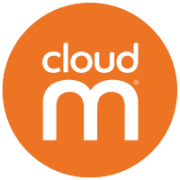
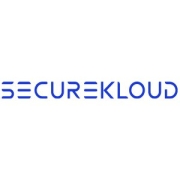














Today, most organizations have all or part of their IT infrastructure in the cloud. With so many different options in the cloud, it is important to have a clear and effective cloud management strategy in place that enables organizations to make informed and correct decisions about how to use their cloud-based resources efficiently.
A well-planned and -implemented cloud management strategy allows users to maintain control over public, private and hybrid clouds.
A productive cloud management strategy takes into account resource provisioning, workflow automation and analysis, and the use of analytics to ensure optimal performance. A successful cloud management strategy also requires skilled IT experts with knowledge of private and public cloud technologies who are capable of managing cloud workloads across multiple platforms.
Cloud management software allows users to monitor the cloud infrastructure that is being used and help them decide where to run workloads. Cloud management software gives users visibility into how their cloud-based applications are performing, whether there are slow-downs, and which parts of the cloud are not in use. Cloud management software also provides insights into security vulnerabilities and public cloud usage that does not align with organizational policy.
Cloud Management solutions streamline your IT operations by providing automation features that reduce manual tasks. They enable real-time monitoring and analytics to detect and address potential issues before they impact your services. These solutions offer centralized management capabilities, which help in optimizing resource allocation and reducing costs through better governance and compliance controls.
What factors should you consider when choosing a Cloud Management platform?When selecting a Cloud Management platform, consider vendor compatibility and integration with existing systems. Assess the platform's ability to scale with your business needs and its support for multi-cloud environments. Security features, cost transparency, and user-friendliness are crucial. Check for automation capabilities that can enhance productivity and ensure compliance with industry standards.
How does Cloud Management help in cost optimization?Cloud Management helps identify unused or underutilized resources, allowing you to shut them down and save costs. It facilitates detailed cost analytics and reporting, offering insights into spending patterns and enabling budgeting and forecasting. By optimizing resource allocation and enhancing workload efficiency, it ensures you only pay for what you use while avoiding over-provisioning.
What are the security benefits of using Cloud Management solutions?Cloud Management solutions provide improved security by offering centralized access control, encryption, and identity management. They enable continuous monitoring for security threats and vulnerabilities, ensuring quick response times. These platforms also help maintain compliance with industry regulations and standards by automating security policies and providing audit trails and reporting capabilities.
How can Cloud Management facilitate better collaboration in a remote work environment?Cloud Management solutions enhance remote collaboration by providing secure access to shared resources and data, regardless of location. They support seamless integration with collaboration tools and offer real-time data synchronization, ensuring that teams are always working with the latest information. Robust access controls and security features protect sensitive data while fostering an efficient and collaborative work environment.